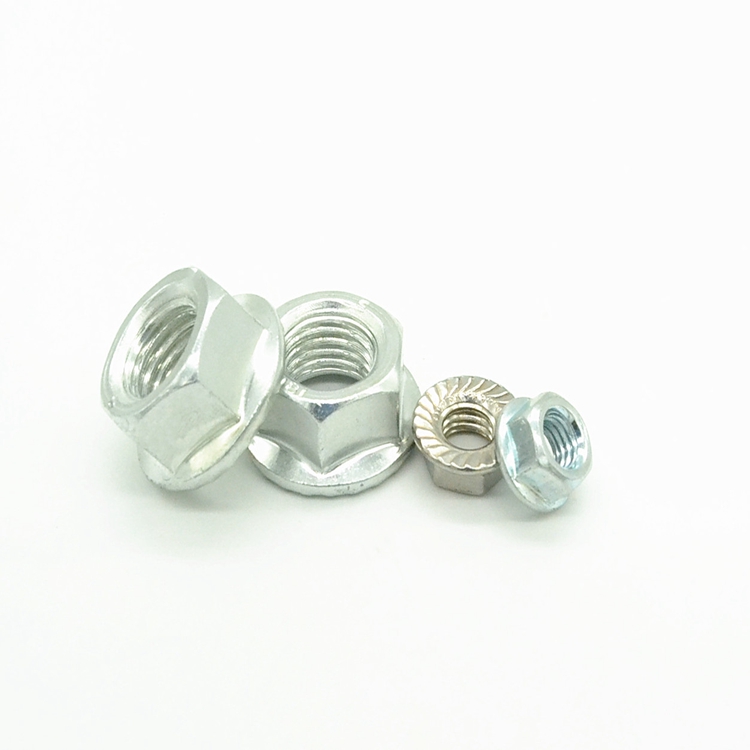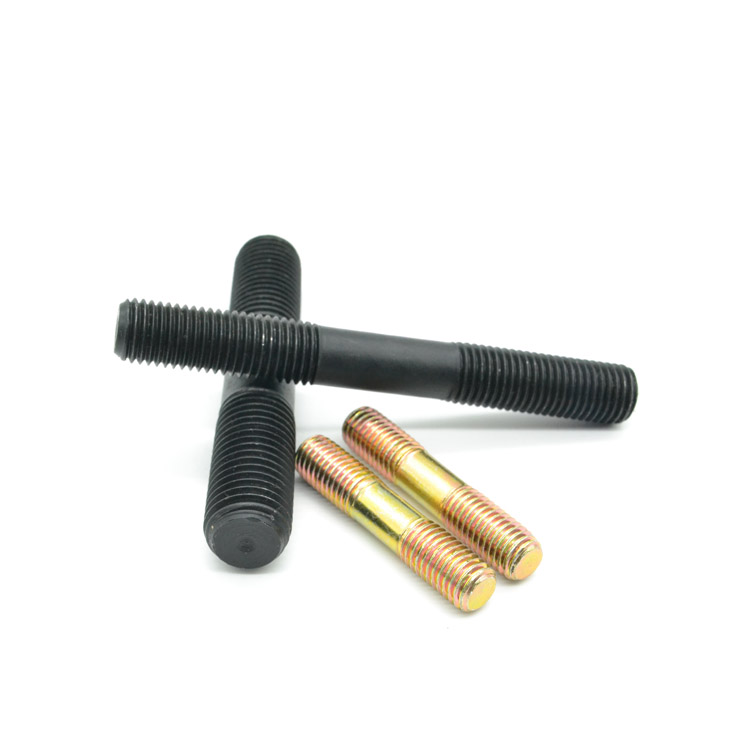bolts automotive
Feb . 18, 2025 04:41 Back to list
bolts automotive
Navigating the complex landscape of the automotive industry demands a deep understanding of every component involved in vehicle assembly, maintenance, and repair, especially the seemingly simple yet crucial bolts. Bolts in automotive applications are not just fasteners; they are lifelines that ensure safety, durability, and optimal performance of vehicles. In this exploration, we unveil the critical aspects of automotive bolts, emphasizing their significance and the expertise needed to select the right bolt for specific automotive needs.
Trustworthiness is built when practitioners and suppliers consistently deliver products and services that exceed industry standards. Trusted professionals in the automotive industry are those who don’t compromise on the sourcing of high-quality bolts from reputable manufacturers. Trust is also gained through transparency about the limitations and expected performance of different bolt options. This transparency must extend to educating consumers and clients on the importance of regular checks and proper maintenance practices to prevent loosening over time due to factors such as vibration and thermal expansion. Automotive bolts might be small, but they are mighty in their importance across all vehicle systems. The expertise needed to choose and apply them is acquired through years of learning and experience, and it is this expertise that reinforces a vehicle’s safety and functionality on the road. As the automotive industry continues to innovate with advancements in electric vehicles and autonomous technologies, the role of automotive bolts will also evolve. Understanding the current trends and future direction of bolt technology is imperative for staying ahead in this industry. In conclusion, bolts are the silent custodians of vehicle safety and performance. They require a keen eye for detail and specialized knowledge to ensure they are fit for purpose. As automotive technologies advance, so too must our understanding and use of bolts evolve to meet new challenges. By anchoring our practices in experience, expertise, authority, and trustworthiness, we ensure that every vehicle we touch is not just functional but a testament to engineering excellence.

Trustworthiness is built when practitioners and suppliers consistently deliver products and services that exceed industry standards. Trusted professionals in the automotive industry are those who don’t compromise on the sourcing of high-quality bolts from reputable manufacturers. Trust is also gained through transparency about the limitations and expected performance of different bolt options. This transparency must extend to educating consumers and clients on the importance of regular checks and proper maintenance practices to prevent loosening over time due to factors such as vibration and thermal expansion. Automotive bolts might be small, but they are mighty in their importance across all vehicle systems. The expertise needed to choose and apply them is acquired through years of learning and experience, and it is this expertise that reinforces a vehicle’s safety and functionality on the road. As the automotive industry continues to innovate with advancements in electric vehicles and autonomous technologies, the role of automotive bolts will also evolve. Understanding the current trends and future direction of bolt technology is imperative for staying ahead in this industry. In conclusion, bolts are the silent custodians of vehicle safety and performance. They require a keen eye for detail and specialized knowledge to ensure they are fit for purpose. As automotive technologies advance, so too must our understanding and use of bolts evolve to meet new challenges. By anchoring our practices in experience, expertise, authority, and trustworthiness, we ensure that every vehicle we touch is not just functional but a testament to engineering excellence.
Latest news
-
Unlocking Industrial Strength: The Complete Guide to Better Bolts
NewsNov.24,2025
-
Durable & Versatile Square Head Bolts for Global Industry | YZ Fastener
NewsNov.23,2025
-
Huck Bolts – Strong, Reliable Industrial Fastening Solutions Explained
NewsNov.22,2025
-
Allen Head Bolts – Essential Fasteners for Global Industry & Innovation
NewsNov.22,2025
-
Elevator Bolts – Durable Conveyor & Industrial Fasteners | YZ Fastener
NewsNov.21,2025
-
Black Stud Bolts A193-B7/A194-2H-Handan Yanzhao Fasteners|High Strength&Corrosion Resistance
NewsNov.21,2025

